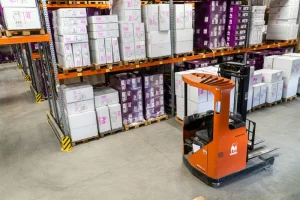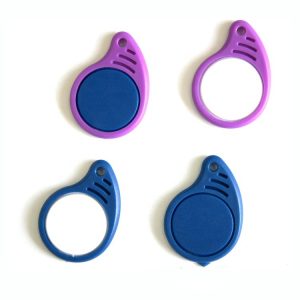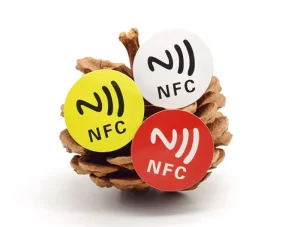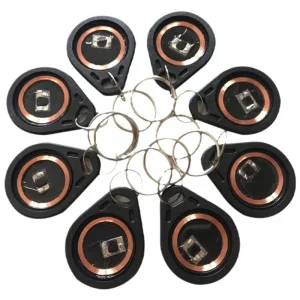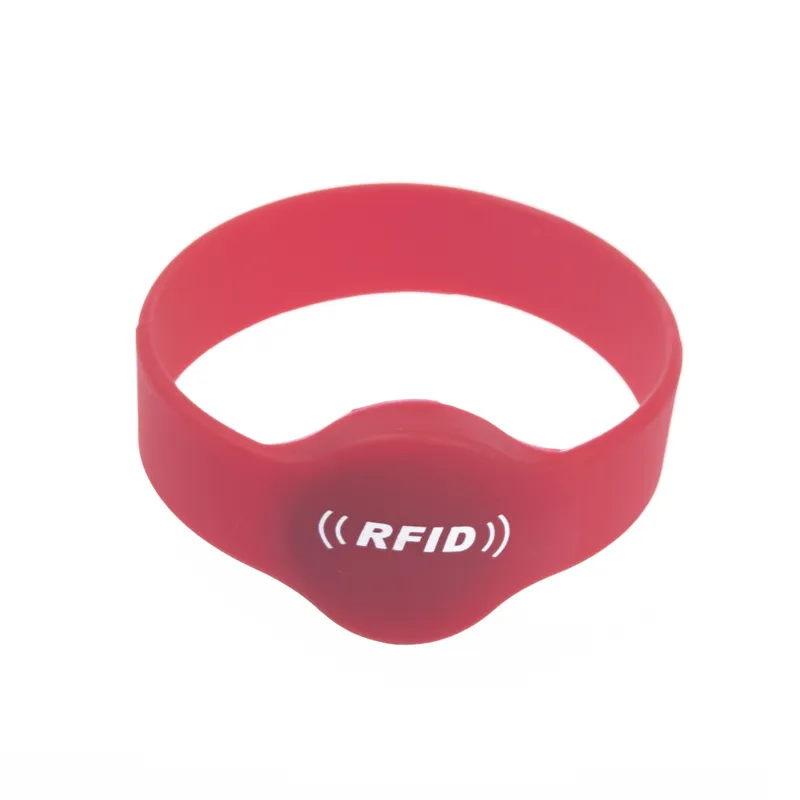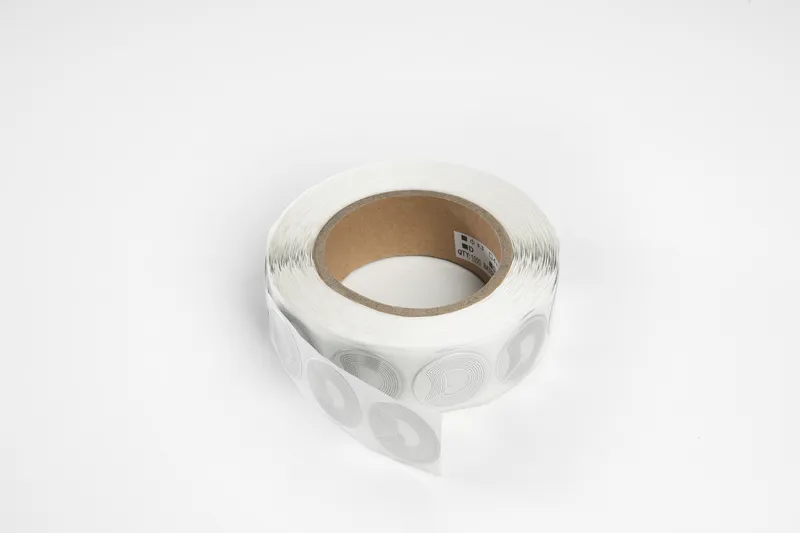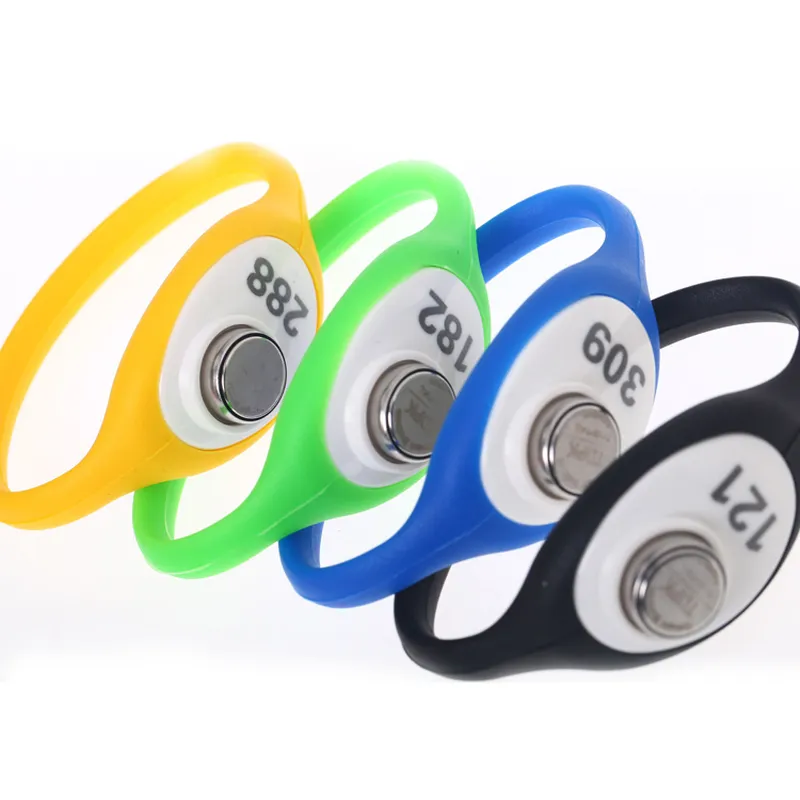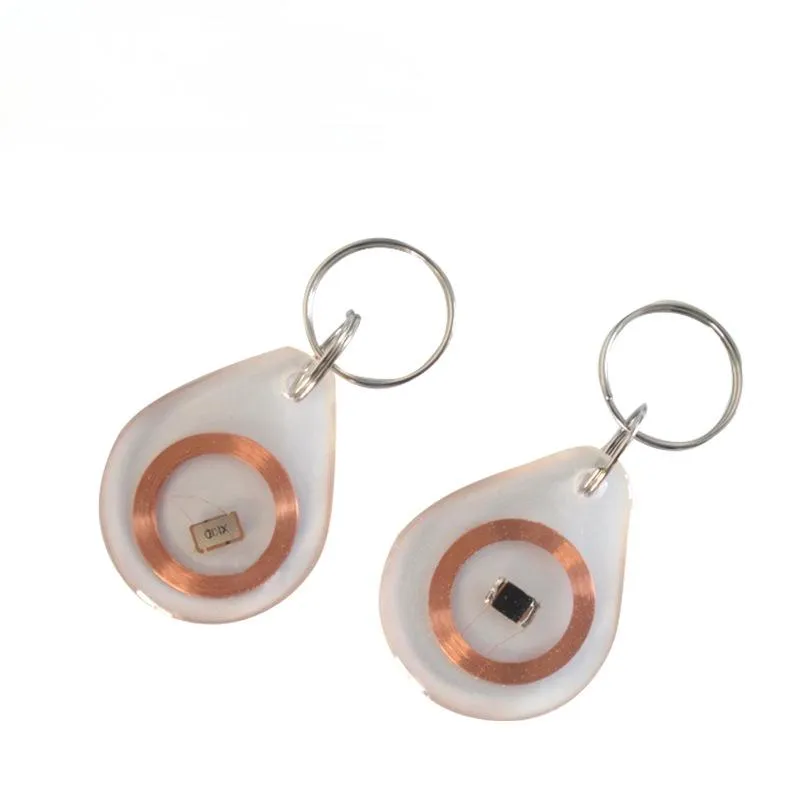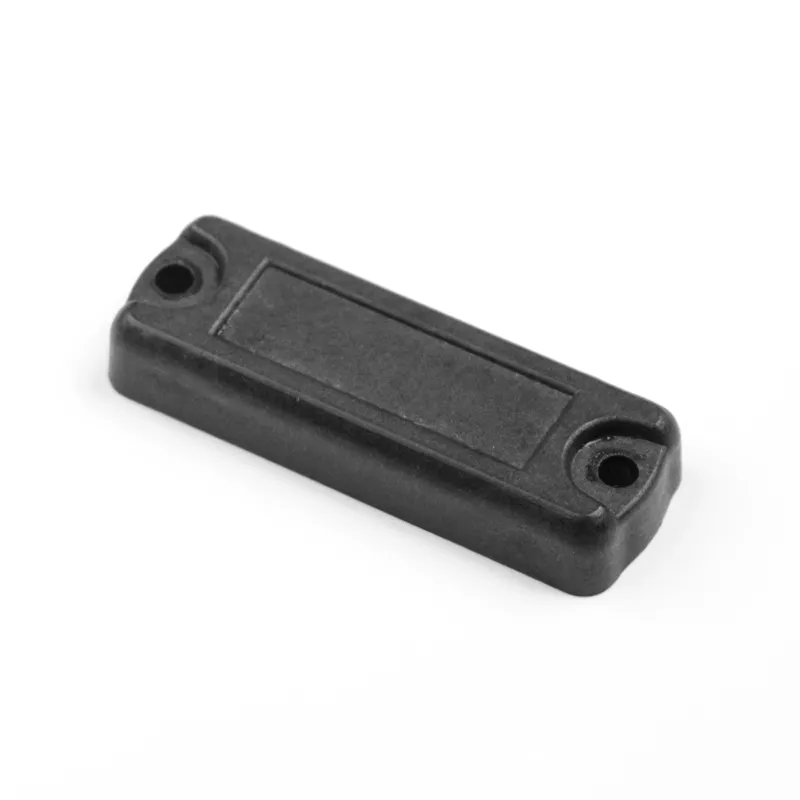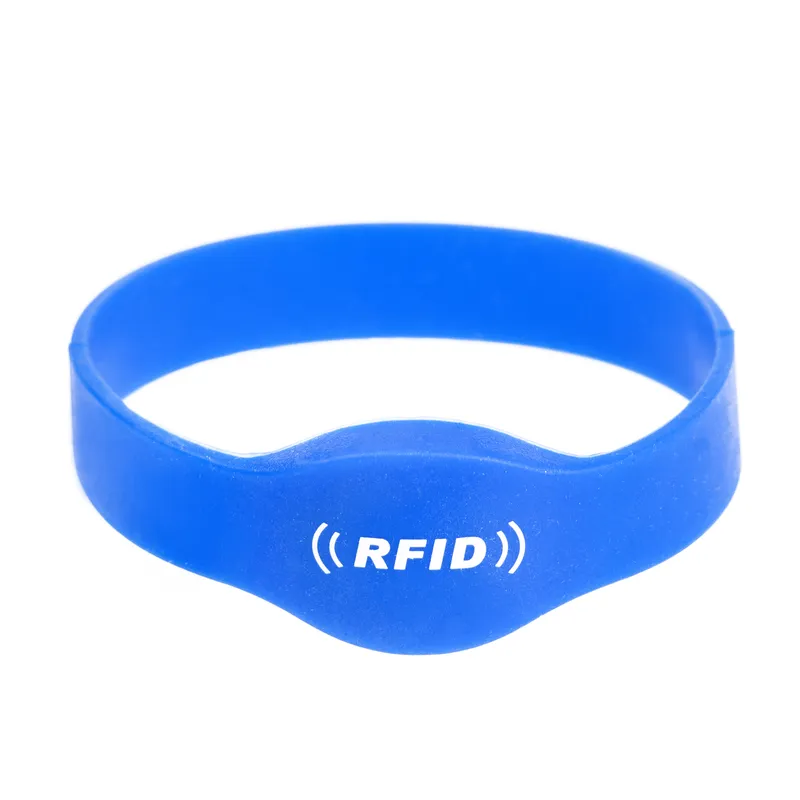Industrial RFID Tags
ẸSORI
Awọn ọja ifihan
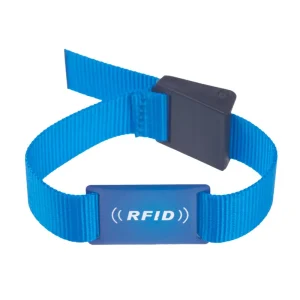
NFC Fabric Wristband
The NFC Fabric Wristband offers cashless payment, fast access control,…

RFID Seal Tag
RFID Seal Tag cable ties are made of ABS material…
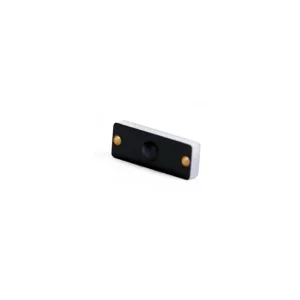
RFID Tags For Manufacturing
Iwọn: 22x8mm, (Hole: D2mm*2) Thickness: 3.0mm without IC bump, 3.8mm…
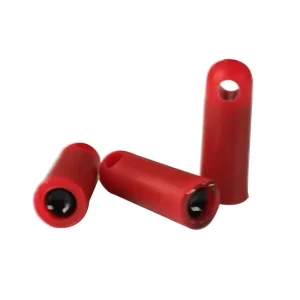
RFID Bullet Tag
RFID Bullet Tags are waterproof RFID transponders that are ideal…
Awọn iroyin to ṣẹṣẹ
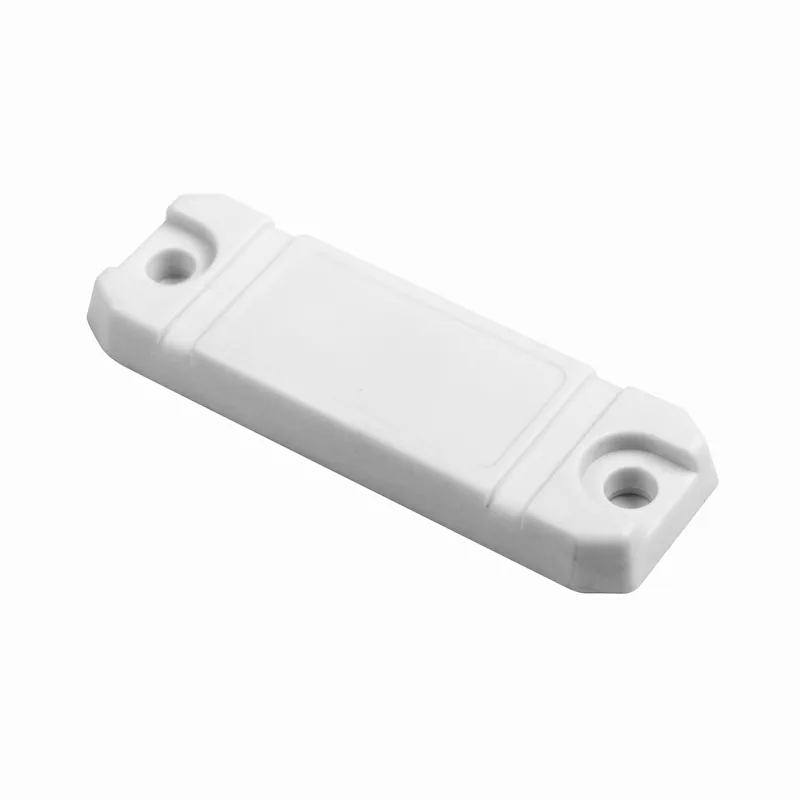
Apejuwe kukuru:
Industrial RFID Tags use radiofrequency signals to identify target items and gather data without human interaction. They have electronic codes and can monitor, identify, and manage objects. They are widely used in industrial areas for real-time inventory monitoring, asset management, and automation. RFID technology is increasingly used in Industry 4.0 and smart manufacturing, supporting intelligent object management and intelligent tracking.
Pin wa:
Alaye ọja
Radiofrequency signals are used by Industrial RFID Tags, a contactless automated identification technology, to identify target items and gather pertinent data. Human interaction is not necessary for the identification procedure. Industrial RFID tags have their own electronic code and are made up of coupling components and chips. In addition to having user-writable storage space, high-capacity electronic tags may be affixed to items in order to identify specific things. These tags have the ability to monitor, identify, and manage objects by sending data from RFID tags to readers via radio waves.
RFID tags are extensively employed in the industrial area. For instance, RFID tags may be attached to objects to provide real-time inventory monitoring and asset management in inventory and asset management. Factories are able to swiftly search and identify the necessary components as well as properly identify which things are on the manufacturing line and which are in inventory. RFID technology may also be utilized to provide precise real-time data, automate industrial processes, and assist managers in making prompt choices. The position, status, and movement of products may be monitored, and manufacturing line efficiency can be increased by strategically installing RFID readers.
RFID technology will be used in industrial production more often as Industry 4.0 and smart manufacturing develop. In the context of industrial Internet and digital twins, RFID tags can achieve intelligent item identification, tracking, management, control, and monitoring. Nitorina na, they are becoming a crucial support for achieving intelligent object management.
Functional Specifications
RFID Ilana: Supports EPC Class 1 Gen 2 and ISO 18000-6C standards
Frequency Range:
US: 902-928MHZ
EU: 865-868MHZ
IC Type: Adopts NXP UCODE 8 chip
Memory Configuration:
EPC: 128 bits
USER: 0 bits
TID: 96 bits
Write Endurance: Supports at least 100,000 write operations
Functional Features:
Supports read and write operations
Data retention period up to 50 years
Applicable to metal surfaces
Read Range:
Fixed Reader:
US: Up to 11.0m
EU: Up to 10.0m
Amusowo Reader:
US: Up to 5.5m
EU: Up to 5.0m
Warranty: 1-year limited warranty
Physical Specifications
Dimensions:
Length: 69.0mm
Width: 23.0mm
Aperture and quantity: D5.2mm, 2 in total
Thickness: 7.0mm
Material: ABS+PC composite material
Àwọ̀: Funfun (or other colors available)
Installation method: Support adhesive, screw fixing, or binding
Weight: 10.8g

Environmental Specification:
- IP Rating: IP68
- Storage Temperature: -40°С to +85°С
- Operation Temperature: -25°С to +85°С
- Certifications: Reach Approved, RoHS Approved, CE Approved, ATEX Approved.
![RFId Tag olupese [Osunwon | OEM | ODM]](https://www.fjrfidfactory.com/wp-content/uploads/2024/04/logo.webp)
